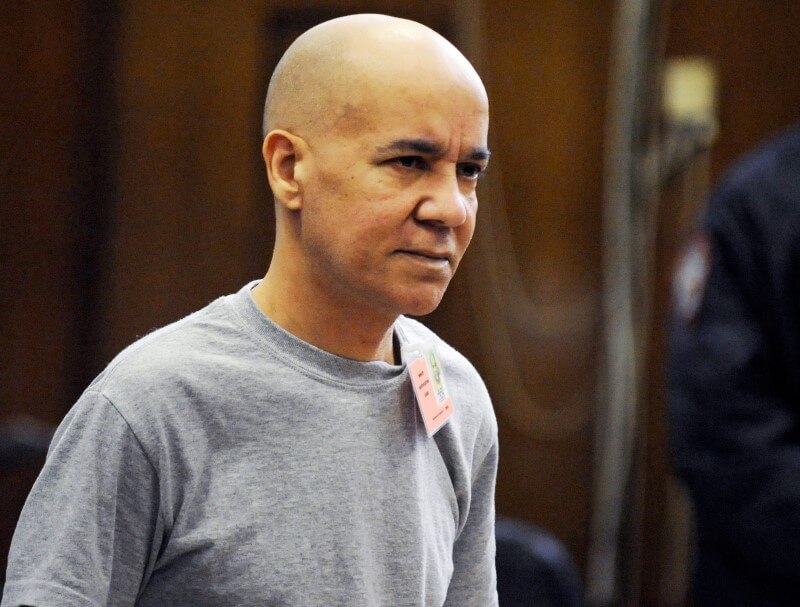By Natasja Sheriff
NEW YORK (Reuters) – A jury hearing the case of a former grocery worker accused of killing a missing New York boy in 1979 on Thursday watched him on video saying he had felt pressured by police questioning and thought if he confessed, he would be allowed to go home. Pedro Hernandez, 54, is on trial for kidnapping and murder in a case that hinges on his confession to police in 2012 that he choked 6-year-old Etan Patz, stuffed him in a box and left him in a New York alley. Patz vanished as he walked alone for the first time to a school bus stop in his Manhattan neighborhood on May 25, 1979. His disappearance sparked a national movement to find missing children, and his picture was one of the first to appear on milk cartons. Defense attorneys say Hernandez’s confession was coerced by police. They say he is mentally ill and intellectually disabled and suffers from hallucinations.
Watching a videotape of Hernandez being interviewed by a psychiatrist last year, the jury heard Hernandez say police pressured him.
“They were saying that I had done things … They were trying to trap me,” he said.
“I figured I might as well tell them,” he said. “My feeling was if I confess, I go home.”
Patz has never been found. He was declared dead in 2001.
Hernandez was questioned and arrested in 2012 after police got a tip that he confessed to the crime to a church prayer group in New Jersey.
“I don’t feel like I did anything wrong. I still feel the same way, even though I confessed,” Hernandez said in the interview.
In another interview with the psychiatrist, Michael Welner, Hernandez said Patz was alive and moving when he put him in the box. He said he returned to the alley the following day and the box was gone. “Somebody must have got him out and helped him. That’s what I think,” he said in a slow, quiet voice. “I don’t know if he’s still alive. He might be.”
Welner said Hernandez met the criteria for a borderline personality disorder and had schizotypal and anti-social personality traits.
But, countering defense witnesses who testified Hernandez suffers from severe mental illness, he said: “None of those are psychotic conditions, and none of them are serious mental illnesses.” If convicted, Hernandez faces possible life in prison. He has not testified at the trial.
(Editing by Ellen Wulfhorst)
Accused New York murderer thought confessing would set him free: video

By Natasja Sheriff















